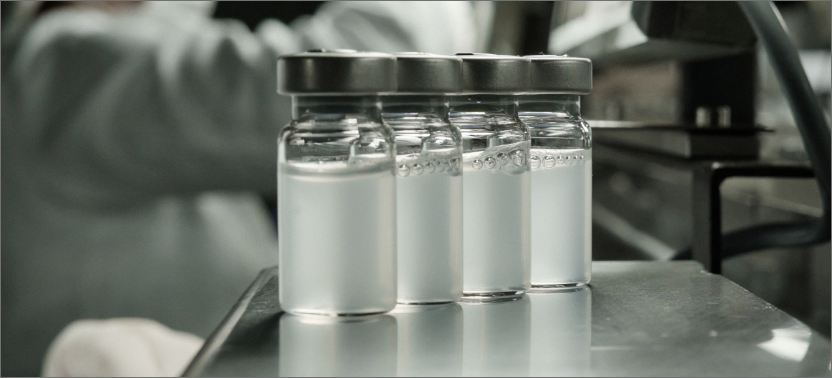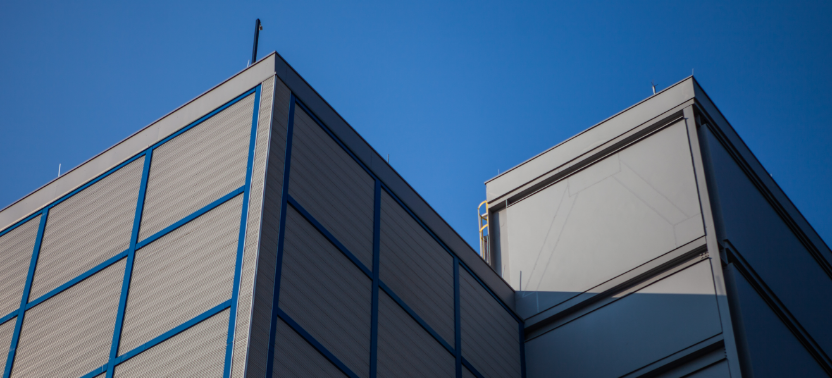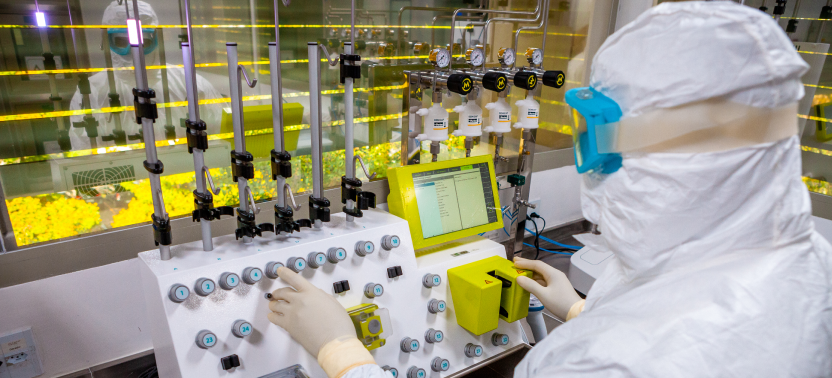

Butantan has come a long way in the development of vaccines and adjuvants,
from basic research and application in pilot stages, to industrial scale-up,
involving multidisciplinary teams in national and international collaborations.
The application of biotechnological tools has contributed to advances in the
development of new antigens and adjuvants, which increases safety without
compromising the efficacy of new products.
A World Health Organization (WHO) strategy defined the development and production of a vaccine against influenza caused by the Avian Influenza A (H7N9) virus. Butantan was chosen as one of the laboratories to produce and supply this vaccine in the imminence of a H7N9 pandemic. The vaccine is now in Phase II clinical trials to prove its safety and efficacy.
The development of the tetravalent influenza vaccine, with two strains of virus A and two strains of virus B, follows the Brazilian Ministry of Health's strategy to increase the vaccine's efficacy in protecting against infection by the influenza virus. Butantan is preparing the new vaccine formulation, which should progressively replace the trivalent vaccine in vaccination campaigns.
The H5N8 avian influenza vaccine (inactivated, fragmented and adjuvanted) is being developed as a preparedness measure for a potential pandemic, given the increased transmission of the virus among birds and mammals, as well as occasional human cases. The vaccine is currently in clinical trials.
Instituto Butantan has developed a proprietary adjuvant aimed at enhancing the immune response of the seasonal trivalent influenza vaccine. In clinical studies, the adjuvanted vaccine has demonstrated an increased ability to induce higher antibody production.
An adjuvanted inactivated vaccine under development to prevent Zika virus infection, one of the leading causes of microcephaly in newborns. The vaccine is currently in its preclinical stage.
An adjuvanted inactivated vaccine designed to prevent rabies in individuals exposed to the virus following contact with infected animals. The inclusion of an adjuvant aims to enhance the immune response.

Instituto Butantan is engaged in the development of neutralizing human monoclonal antibodies (humAbs), with a focus on antibodies targeting tetanus, Zika virus, wild-type yellow fever virus, and H7N9 influenza virus. The main advantages of monoclonal antibodies are their speed and precision in combating diseases. They are also widely used in the treatment of cancer, osteoporosis, Crohn’s disease, and other conditions.
Butantan is developing a monoclonal antibody intended to prevent Zika virus infection in pregnant women and exposed populations. Preventing Zika infection during pregnancy is essential to avoid cases of microcephaly in newborns.
This medicinal product is currently in the preclinical development phase and is intended for the treatment of yellow fever, particularly in residents of endemic areas who were not vaccinated and subsequently became infected.

To expand its portfolio and introduce new technologies into public health, Instituto Butantan is also dedicated to the development of cancer therapies.
Butantan has a facility dedicated to the development of advanced cell therapies, such as CAR-T cells. Additionally,
the Institute is investigating the development of a recombinant BCG vaccine for bladder cancer.
The century-old BCG vaccine (Bacillus Calmette–Guérin), which protects against tuberculosis, is considered the gold standard for bladder cancer treatment due to its ability to stimulate the immune response. Butantan has developed a recombinant version of the vaccine, currently in its preclinical phase, which has proven to be safe and to demonstrate superior efficacy compared to the traditional vaccine.
CAR-T cell therapy is one of the most advanced technologies in cancer treatment. In partnership with the University of São Paulo, Butantan has developed a CD19 CAR-T cell therapy for B-cell acute lymphoblastic leukemia and B-cell non-Hodgkin lymphoma. Currently under clinical investigation, the treatment uses the patient’s own immune cells to fight cancer.